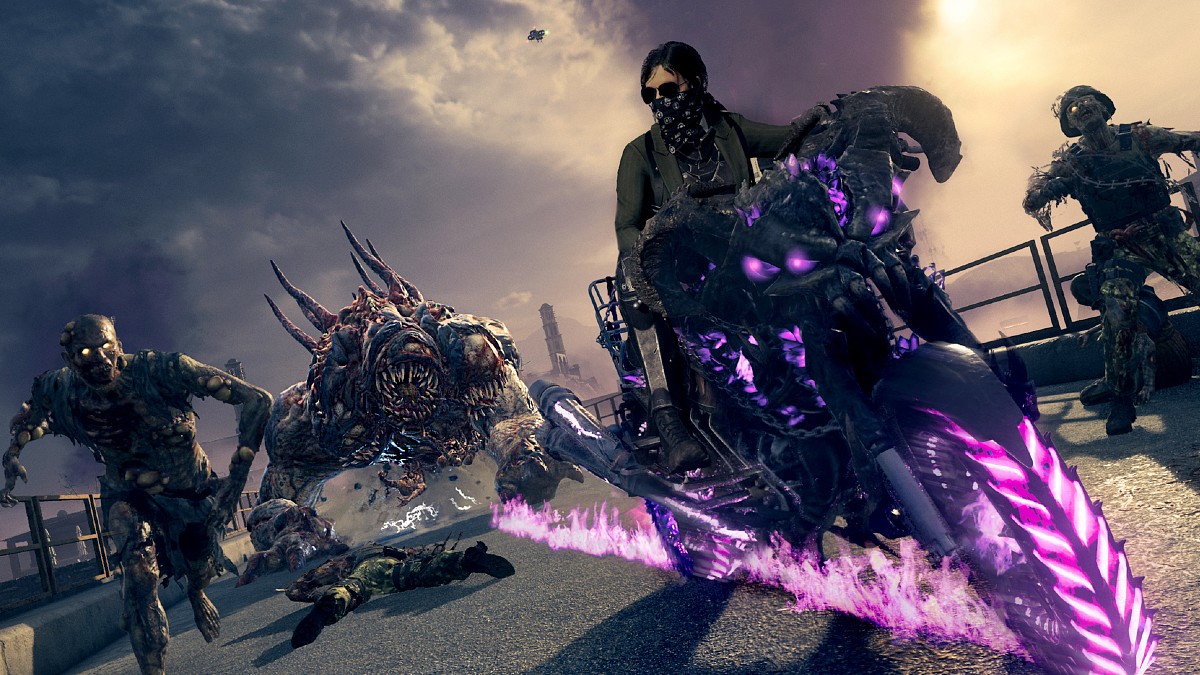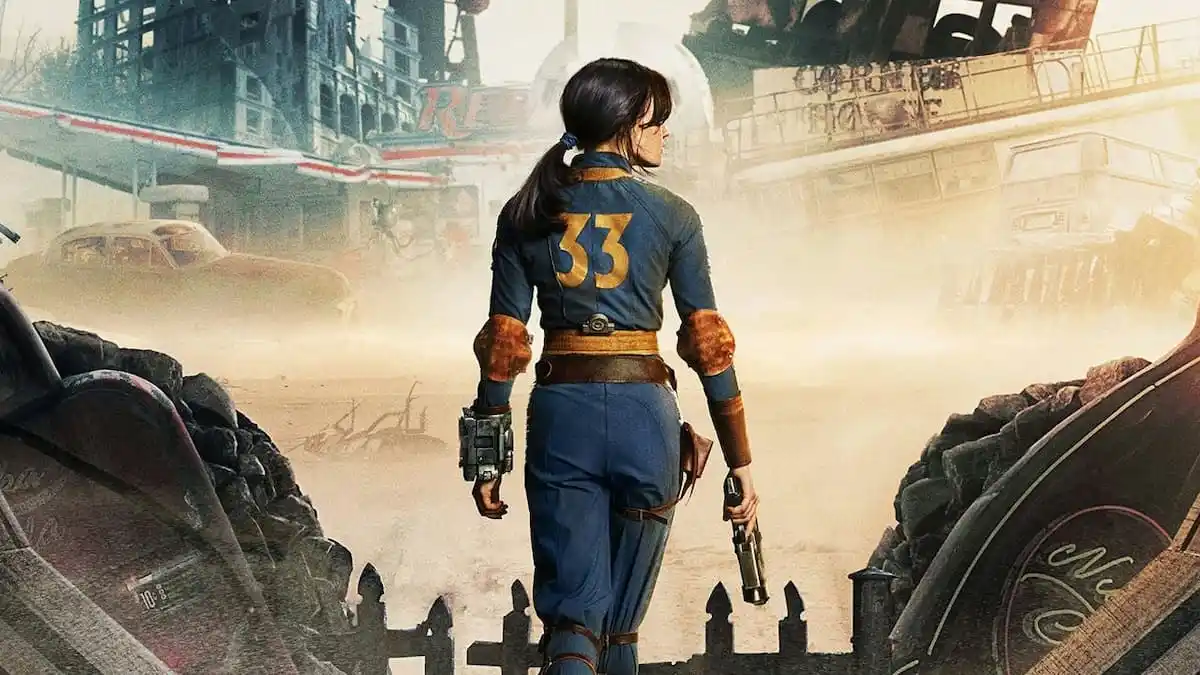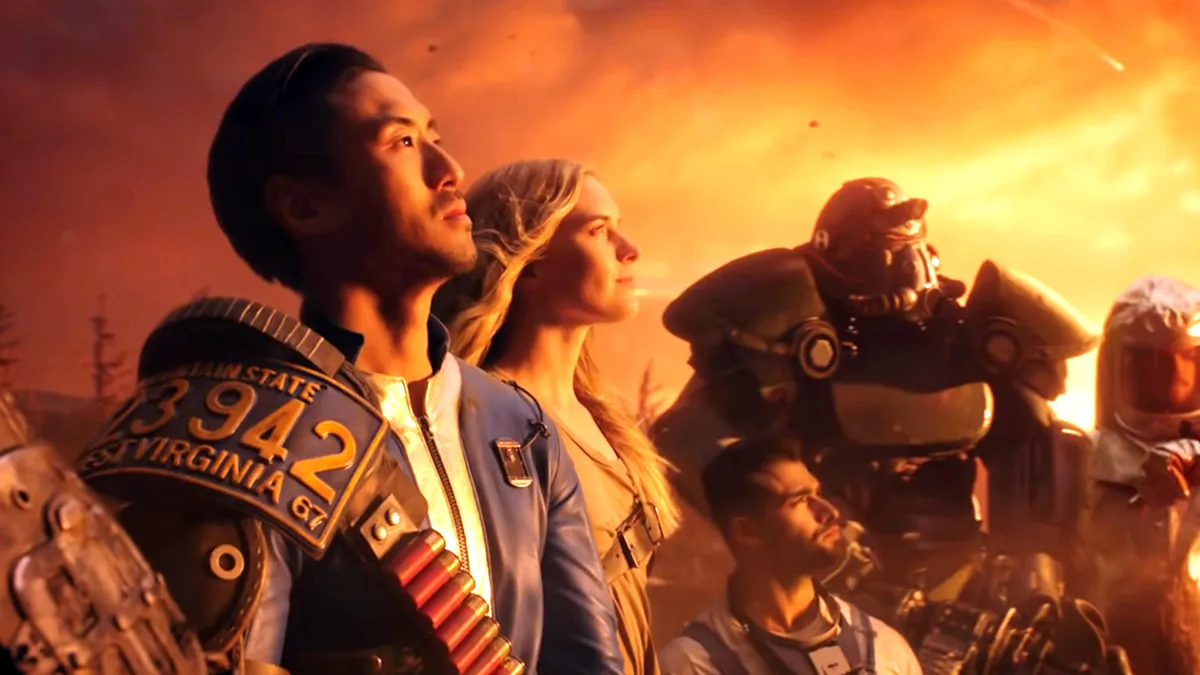In a world of ever expanding multiplayer sandboxes, what was once thought impossible is now a contested field. Competitive survival-horror multiplayer has grown from a handful of games to the point that Friday the 13th received a faithful adaptation. Now we sit on the cusp of a new bout, Predator: Hunting Grounds versus Resident Evil: Resistance. Unfortunately, one of these games is not like the other, but at least there’s something to be learned from it.
Between the pair, Resident Evil: Resistance has easily received the most promotion and press coverage. Before Resident Evil 3’s remake was even announced, there was a teaser trailer for Resistance. Its initial conceit is simple: One Umbrella “Mastermind” controls the zombie hordes while four human test subjects attempt to escape. Capcom’s drawn from across its mythos to provide multiple iconic Umbrella baddies to pit against the human survivors. There’s just the slight problem that that easy-to-understand premise is lost due to a total lack of focus.
You see, escaping isn’t as simple as fighting your way through hordes of zombies and dodging Mr. X’s attacks. Both sides are racing not to simply achieve their objectives, but to also keep a timer going. This timer goes up and down based on either the survivors or Mastermind achieving a goal, be it getting further through the test course or mowing down a survivor. Although, survivors also have to constantly track down various objectives and solve what can only be in the loosest term described as “puzzles.” Then there are modifiers like supply zombies and the Mastermind’s bioweapon they can deploy. Instead of encouraging teamwork through necessity, it mostly results in people running around like chickens with their heads cut off. Even if your team knows what it’s doing, odds are good you’ll lose regardless.
I won matches as the Mastermind when there was no reason on my part as a strategist. The Mastermind receives abilities and monsters to spawn as cards drawn from a deck, which adds a nice layer of luck. To spawn the better cards, you have to wait and charge up power, which in theory should buy the survivors some breathing room, but this is rarely the case. Even if you receive terrible cards for a solid minute, the scales are infinitely in the Mastermind’s favor. The Mastermind just has to keep track of four targets and keep spawning monsters, drawing out the match until the survivors run out of time. It’s a war of attrition where only one out of five players has fun. Often their bioweapon isn’t even necessary — it’s more fan service than anything else, with the bonus for the Mastermind that they can dick their players around.
By contrast, Predator: Hunting Grounds cuts right to the bone and gets to the point. One player spawns as a Predator out to claim the skulls of the four human operatives sent in on a PvE mission running simultaneously. While the humans fight bots in a Call of Duty-esque scenario, the Predator swoops in, using stealth, gadgets, and skills to get the drop on the humans. And that’s the whole game. The only other things that matter is that if you drop the Predator, you can extend the mission to claim their corpse for experience, and humans can summon reinforcements if they’re very stealthy. Everything else comes down to skill and equipment.
Do you see how easy that is to comprehend? It’s not that Predator: Hunting Grounds lacks depth either. The Predator has to manage their suit’s energy and try to self-destruct if the humans gets the drop on them, in addition to a wide array of tools to unlock. Humans have multiple classes, weapons, and a host of gear to counter the Predator’s arsenal. The AI bots patrolling the map are hostile to both the Predator and their human prey, empowering the world itself with agency and dynamic responses to the players running through it. Yet for all this possibility and asymmetric design, it’s still incredibly intuitive.
Resident Evil: Resistance’s mistake wasn’t that it attempted a competitive experience rather than pure co-op like in the series’s past. It also can’t be chided for trying to capture the twisted fantasy of guiding the undead hordes like in ZombiU. Its fundamental flaw is that it can’t make the experience balanced or engaging for both parties. Survivors don’t naturally work together, many of them wielding powers that primarily benefit themselves. The spaces you fight through are so linear and specific that the only way to navigate them efficiently is through memorization. It puts all the strain and effort on the human survivors to know not only how to play a survival horror game but also an ever growing checklist of criteria so that they might just barely survive.
The irony is that this approach in and of itself isn’t a terrible option either. Friday the 13th has several means of defeating or escaping Jason, but it doesn’t immediately hand those options to you. That works well in Friday the 13th’s case because the point is to make players feel terrified and relieved that they lasted as long as they did. Resident Evil: Resistance doesn’t have that. It’s presented as a far more conventional competitive experience, just with a survival horror edge.
Were Resistance more in the vein of Resident Evil: Outbreak, with a heavier emphasis on survival rather than arcade-y action, maybe that would work. Instead, it piles on contrivances that confuse and frustrate instead of challenge. It would also help if the irritating announcements from the Mastermind that blare over the radio were permanently disabled — it’s not a good substitute for having the survivor characters audibly say hints instead.
Because that’s the trick at the end of the day. You don’t play a game to be frustrated, but there are folks who love to be terrified and others who love the challenge of skillfully surviving against impossible odds. Playing against an unpredictable aggressor piloted by another person can absolutely deliver that thrill, but if the player can’t even begin to focus, then it’s a wasted effort. Who would’ve thought the budget-priced, multiplayer-only Predator game nobody asked for is the one to properly grasp the need for pacing, downtime, clarity, and direction? When you pick up Predator: Hunting Grounds, you swiftly learn what to do. I’m not sure most players will have that patience for Resident Evil: Resistance.





